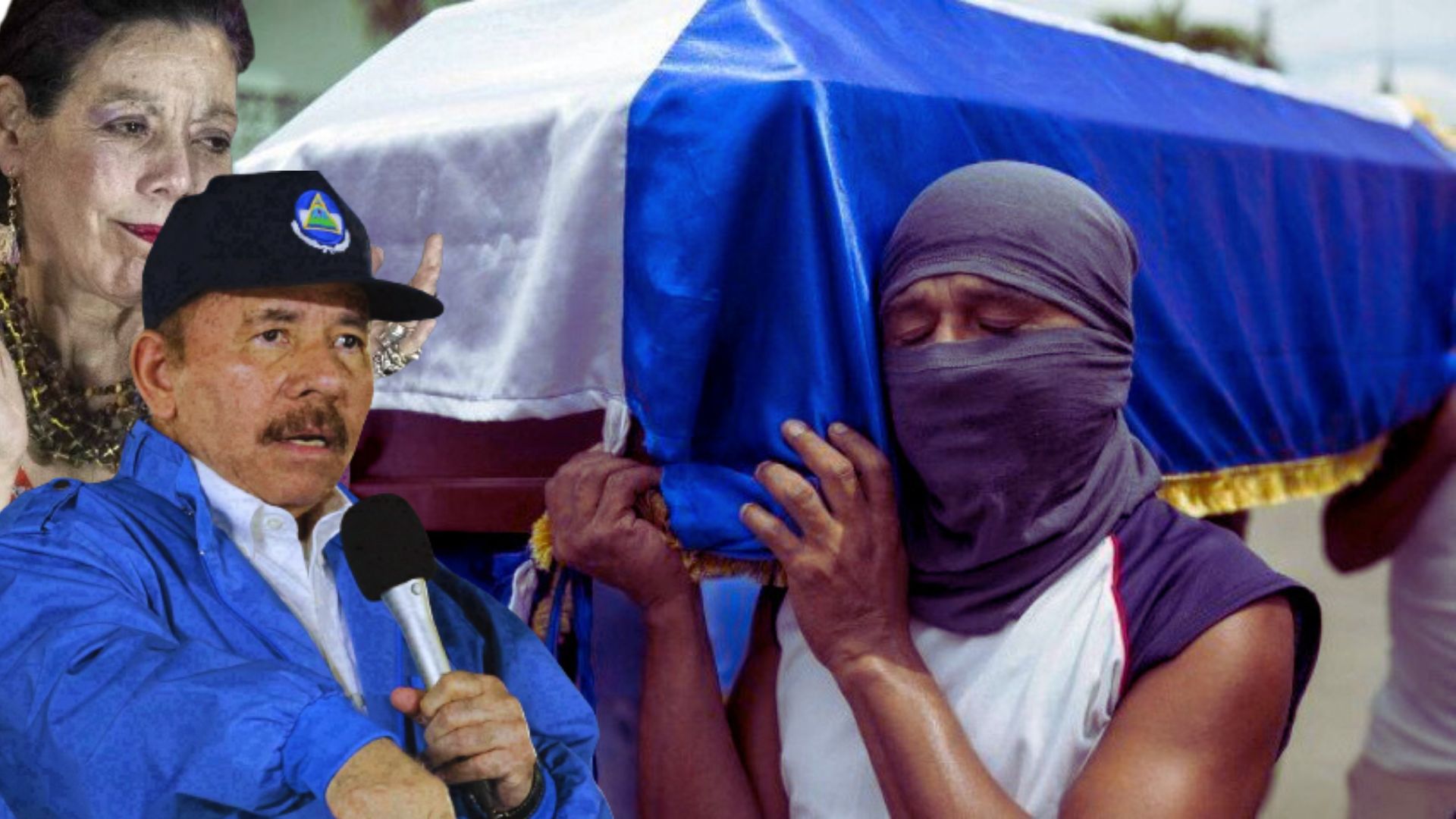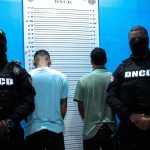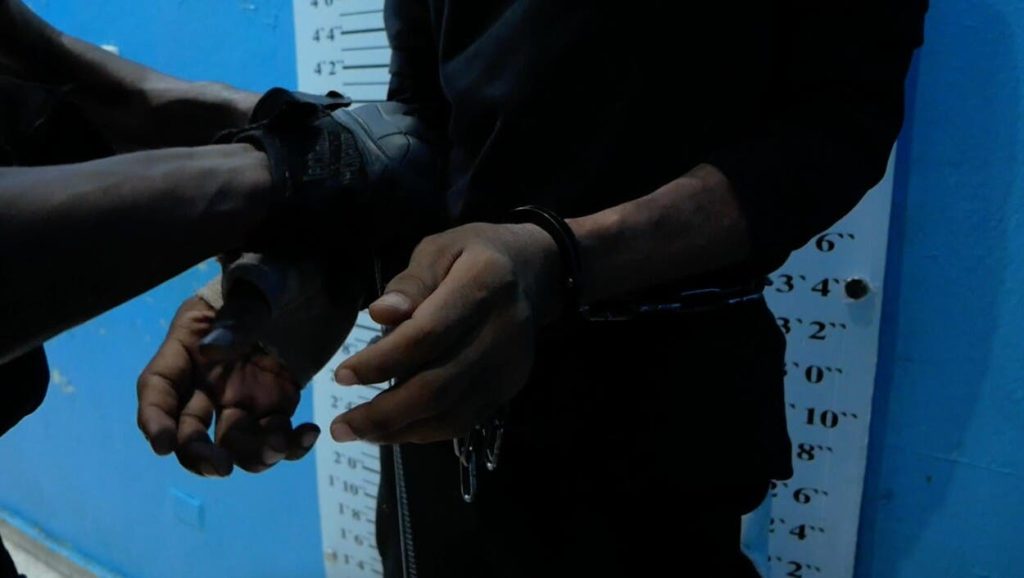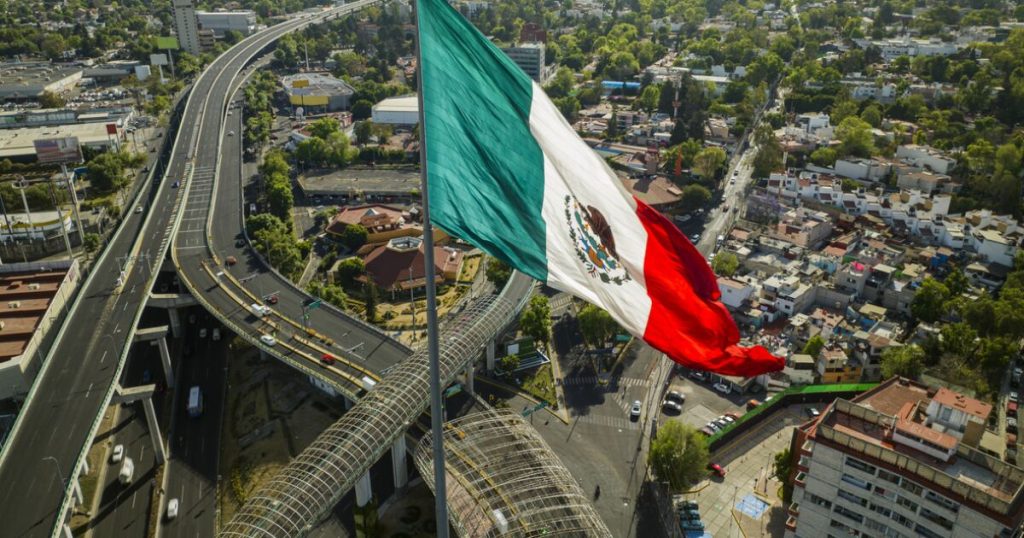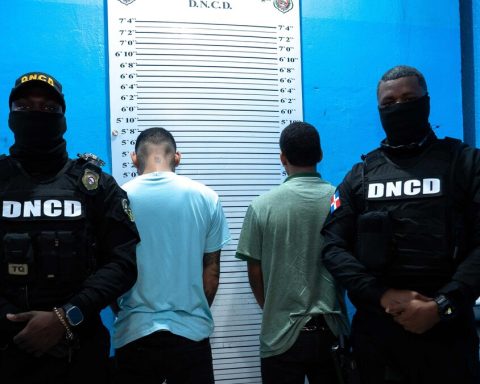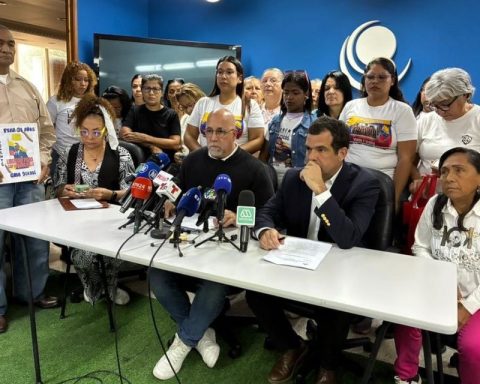The Nicaraguan dictatorship is among the “most oppressive in the world,” along with North Korea, Sudan and Somalia. The country is sinking into economic and democratic backwardness, suffering crimes against humanity and devastated by an unprecedented wave of forced migration. In the face of so many outrages, it is urgent that the United States assume its “political role” by increasing sanctions, penalties and ceaselessly supporting civic groups. The national opposition must take action. “The time for denunciation has passed,” it must act by uniting with opponents from other countries on equal terms, proposes Nicaraguan researcher Manuel Orozco.
Consulted by Article 66Orozco, a researcher at the international organization Inter-American Dialogue, based in Washington, United States, warns the Nicaraguan opposition in general that they must take action because the stage of “just denunciation” has been overcome, and above all understand that they must correctly size up the “monster” that the Ortega-Murillo dictatorship embodies, in order to carry out the required “blow.”
“As long as the type of regime we are dealing with is not quantified, a proportional blow cannot be delivered, which is why it is important to have the precision to know what monster we are dealing with. The time for denunciation has already passed,” warns the political scientist, who was denationalized by the dictatorship, accusing him of being one of the ideologues of the social protests of 2018.
In a recent investigation carried out by Orozco and published in the specialized English magazine The Economist, the researcher details that, according to the “range of dictatorial radicalization” that takes into account aspects such as widespread corruption and limits on citizen participation by applying total control, in the worst style of the Taliban or North Korea, the dictatorship imposed by Daniel Ortega and Rosario Murillo is among the most radical and oppressive in the world.
Related news: GHREN President recommends that the IMF and the CABEI make financing to Nicaragua conditional on respect for human rights
Orozco’s analysis indicates that there are 45 dictatorships in the world with radical characteristics. Applying the parameters of democracy such as fair and pluralistic electoral processes, good governance, active political participation, democratic culture and respect for civil rights, the Ortega-Murillo dictatorship is definitely “one of the worst”, ranking eighth as one of the most oppressive regimes on the planet.
Only countries as democratically backward as South Sudan, Somalia, Afghanistan, Myanmar, North Korea, the Central African Republic and Syria are above Nicaragua. The Nicaraguan regime has strengthened its diplomatic relations with all of these dictatorships.
All of these tyrannies have entrenched themselves in power by applying increasingly sophisticated methods and circumventing sanctions and international isolation.
The analyst argues that the dictatorships of the 21st century have improved their repressive techniques, their mechanisms of social control and their methods for dealing with diplomatic isolation without losing international markets. This is clearly evident in the Ortega-Murillo regime, which has managed to show contempt for international diplomatic bodies such as the Organization of American States, from which it even separated, and has ignored all calls from the UN; and despite this, it continues to enjoy the prerogatives and advantages of a free trade agreement with the United States and Europe.
“The result is still the same: repressed societies, controlled by an autocratic leader, sacrificing the economic and social development of its citizens. But the consequences are worse not only because they delay development, but they condemn society to political and economic poverty for more than one generation,” says the researcher.
In this regard, Orozco says that it is important for societies and the international community to prepare to resist dictatorships. “It is not about going out into the street and risking being shot, it is about getting informed, knowing how these regimes work, how they steal and how people prepare when these dictatorships begin to show signs of wear and tear,” he warns.
The proportional blow
In his analysis, Orozco proposes that the United States assume its true “protagonist role” in the face of existing dictatorships and against emerging ones, while calling for an effective “union of the oppositions of all these countries” in a kind of “transnational opposition.”
“In the midst of polarization and exacerbated populism (of dictatorships), the sum of democratic forces takes on more weight when a country assumes the risk of supporting democratic processes in the rest of the world. The leadership of the United States has to take a leading role in supporting political pressure in countries that are adversaries, which includes Nicaragua, Cuba and Venezuela,” proposes the political scientist of the Inter-American Dialogue.
Remember that the threat from China and Russia is not only economic, but they are trying to export their political model by giving legitimacy to authoritarian states.
Orozco’s proposal adds that “the United States must further strengthen its foreign policy towards cross-conditionality with pro-democracy trading partners, and restrict its relations with those countries that opportunistically ally themselves with China, Iran or Russia. It must set an example that sanctions do work, and that transgression of democracy has consequences for those who violate human rights.”
Related news: Why does the UN report on crimes against humanity in Nicaragua exclude the Sandinista Army?
He also argues that Washington should use its leadership to defend Democrats and support the formation of “a global movement led by political and material support for civic groups in these countries, without fear of accusations of interventionism,” rather than pursuing a foreign policy through social media.
“The global community of democracies begins by supporting the civic movement and political resistance, which push for a democratic transition,” says the Nicaraguan analyst.
In this sense, Orozco proposes that, given that dictatorships are also allied with the de facto powers of their countries, “to confront criminal powers, a transnational democratic front is required, as well as the organization of internal pressure, “tough talk,” and political intelligence.”
He also states that “political mobilization to contain the expansion and deepening of these (totalitarian) regimes falls into the hands of a transnational democratic movement with roots intertwined within and outside the structures of democratic resistance.”

This democratic transnational alliance, with which to combat tyrannies and prevent the rise of new dictatorships, requires, in Orozco’s view, “recruiting forces with the political intelligence and experience that knew how to deal with dictatorial monsters during the seventies and eighties. Given that the new civic movements do not have the experience to deal with the de facto powers that are now stalking the region, the alliance between experience, preparation, and risks, under conditions of repression, is of vital importance.”
“The strategy still has three key angles: internal demoralization, neutralization of regime cadres, external pressure. But the beginning of weakening revolves around the economic bases that sustain the de facto power and that is why the transnational strategy that includes the international private sector is important,” the political scientist proposes in his analysis.
This strategy should include, in addition to the application of sanctions, the scrutiny of external financing, penalties for violations of trade agreements and other international treaties, as well as “international boycott campaigns against people involved in human rights violations.”
The analyst insists to the Nicaraguan opposition that they are no longer in the stage of denunciation but that they must move on to action, to “the strong ball” to give a “proportionate blow to the dictatorship.”
